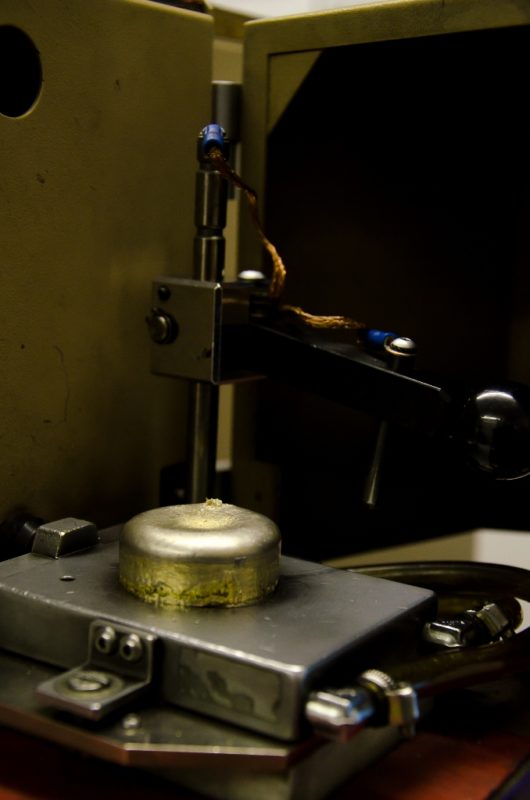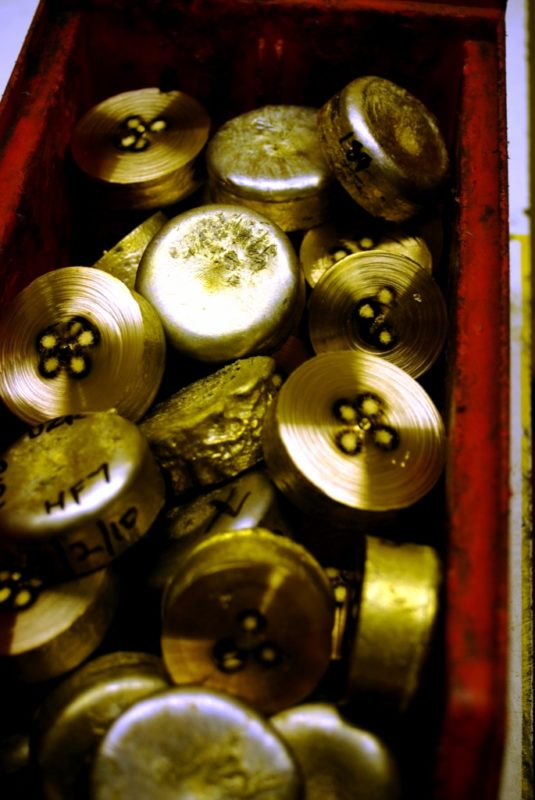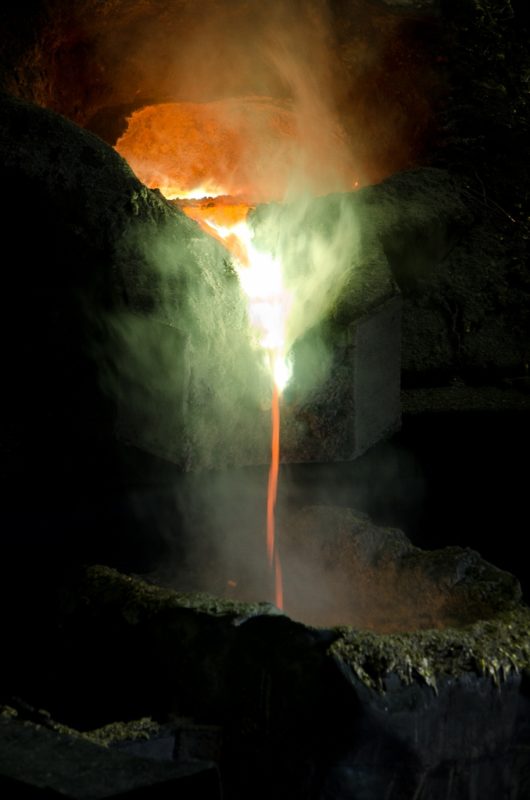Bulk Melting
All raw materials are melted in our coreless induction furnaces to get a homogenous melt. Samples are taken from each batch and analysed on our spectrometer. Where necessary material is refined and oxides and gasses removed using fluxing and degassing. A component is only as good as the quality of the material used and it is for this reason that close attention is paid to material quality control.
Aluminium
The aluminium is delivered to specification as ingots. All raw material is delivered to our site with a supplier’s material test certificate. A sample is taken from each batch and analysed on our optical emission spectrometer to ensure the material meets international specifications.
Reduced Pressure Testing is used to evaluate the hydrogen levels to ensure high integrity components can be produced.
Regular tests are done to evaluate the cleanliness of material to ensure we start from a good base to produce solid castings.
Material is analysed every shift and all shipments can be supplied with material test certificates.
Brass
The majority of raw material is sourced from scrap material to which copper and zinc is added to achieve the alloys necessary to manufacture components to customer specifications. The two most popular brasses are DCB3( a 60% Copper and 40% Zinc) alloy and DZR which has arsenic as an addition to stop the corrosion of zinc from the brass substrate. The choice of brass depends on the end use of the component.
To ensure the metal meets the required standards:
A sample is taken from each batch and analysed on our optical emission spectrometer to ensure the material meets international specifications.
Material is analysed every shift and all shipments can be supplied with material test certificates.
Zinc
Various grades of zinc ingot are purchased for our hot chamber machines and are product specific.
All zinc runners and drosses are reworked and used in the alloying of brass.






